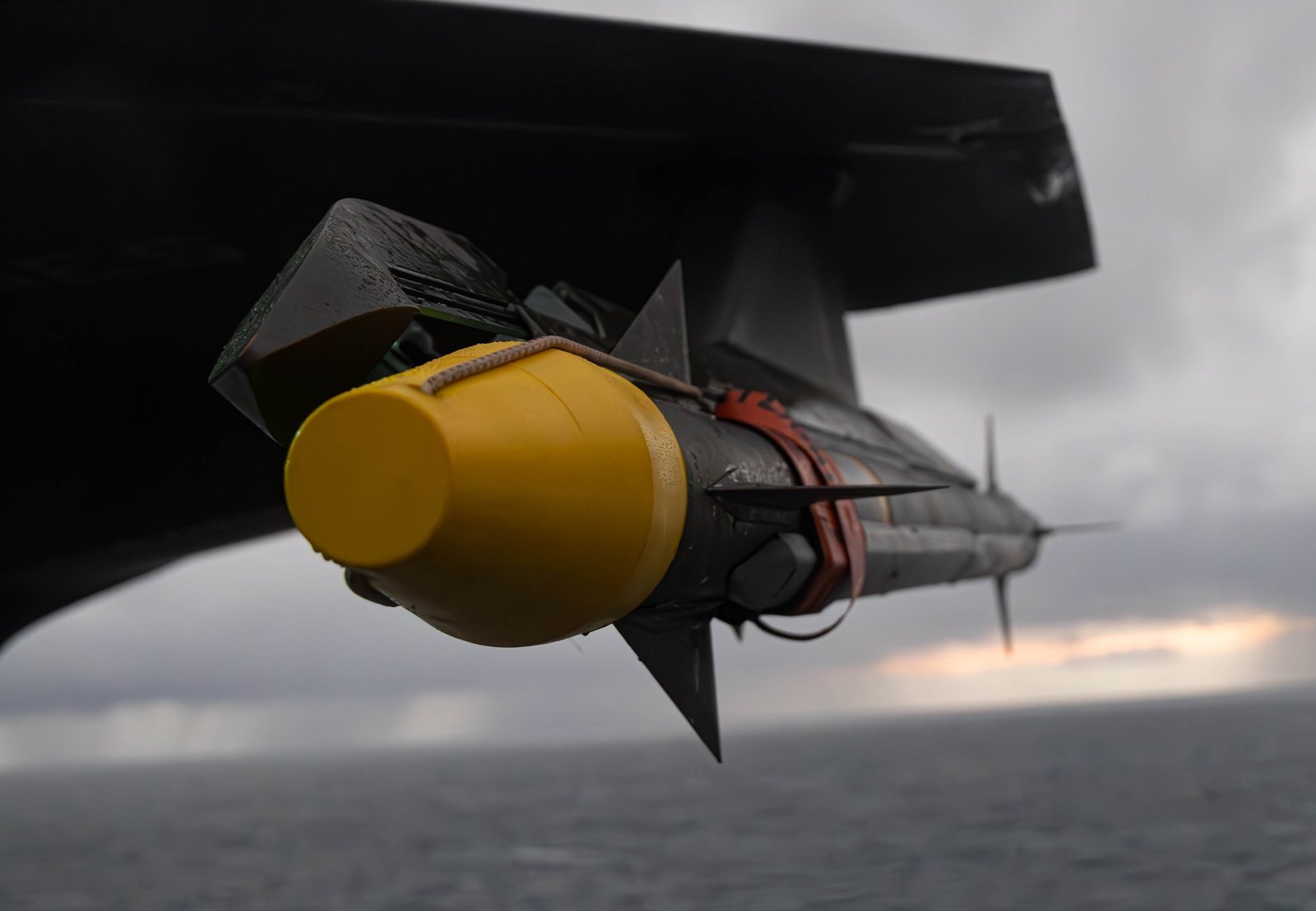
U.S. Clears Denmark for $318M AIM-9X Missile Purchase
A new United States authorization could further strengthen air-defense cooperation with a key NATO ally.
On November 12, the State Department approved a possible Foreign Military Sale to Denmark involving AIM-9X Block II tactical missiles and related equipment, with an estimated value of $318.4 million. The Defense Security Cooperation Agency has delivered the required certification notifying Congress.
According to the U.S. government, Denmark has requested up to 340 AIM-9X Block II Sidewinder tactical missiles and up to 34 AIM-9X Block II tactical guidance units. The package also includes non-MDE items such as training aids, weapon software, training, support equipment, spare and repair parts, publications, technical documentation, transportation, and both government and contractor technical and logistics support. The total expected cost remains $318.4 million, based on the highest possible quantity.
U.S. officials frame the approval as part of a broader policy aimed at supporting an ally already viewed as a reliable partner in European security. As the announcement states, “This proposed sale will support the foreign policy goals and national security objectives of the United States by improving the security of a NATO Ally that is a force for political stability and economic progress in Europe.”
The U.S. government says the missiles will enhance Denmark’s ability to meet modern threats and maintain close cooperation with American and allied air forces. The notification describes the sale as a step that will help Denmark “ensure its aviation forces’ interoperability with the United States and other allied forces as well as their ability to contribute to missions of mutual interest.” The country already fields AIM-9X systems on its F-35A aircraft and within ground-based air-defense units, and “will have no difficulty absorbing these articles and services into its armed forces,” the document said.
Officials also stress that the sale will not disrupt the regional balance of power. “The proposed sale of this equipment and support will not alter the basic military balance in the region,” the announcement notes.
RTX Corporation of Arlington, Virginia, will serve as the principal contractor. At this stage, U.S. authorities say they are not aware of any offset agreements, adding that any such arrangement would be determined later between Denmark and the company.
Implementation of the sale would require four U.S. government personnel and four contractor representatives to deploy to Denmark on a temporary basis to provide oversight and technical support. The U.S. government assesses that the sale will not negatively affect U.S. defense readiness.
The notice also clarifies that the $318.4 million figure reflects the highest estimated quantity and total value for the requested items, and that the final value will depend on “final requirements, budget authority, and signed sales agreement(s), if and when concluded.”
RTX describes the AIM-9X Sidewinder as a short-range, infrared-tracking weapon capable of both air-to-air engagements and surface launches “without modifications.” A U.S. Navy-led program jointly managed with the U.S. Air Force, the missile has more than 30 Foreign Military Sales partners and is combat-proven in several theaters.
The Block II version adds a redesigned fuze and a digital ignition safety device to improve handling and in-flight safety. It also incorporates updated electronics and a lock-on-after-launch capability enabled by a new weapon datalink, which supports engagements beyond visual range.
A sale of modern missiles to a frontline contributor to NATO air operations reflects the degree to which U.S. defense industry output influences allied readiness. Finally, the transaction reinforces a long-standing trend: as more allied fleets transition to the F-35, the United States becomes even more central to sustaining the weapons infrastructure those aircraft require, from training to logistics to long-term support.


